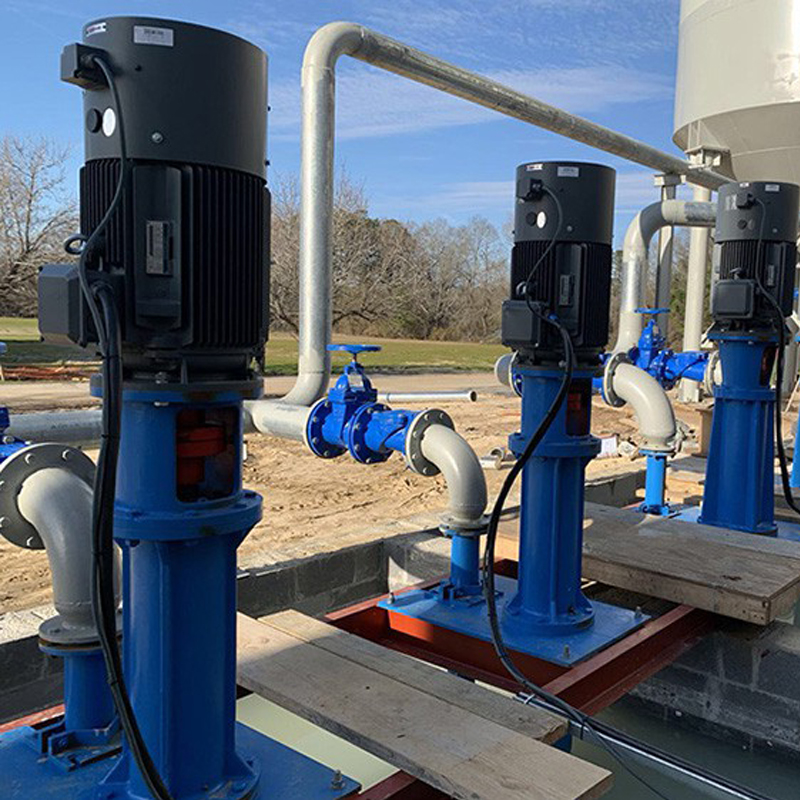English
- Afrikaans
- Albanian
- Amharic
- Arabic
- Armenian
- Azerbaijani
- Basque
- Belarusian
- Bengali
- Bosnian
- Bulgarian
- Catalan
- Cebuano
- Corsican
- Croatian
- Czech
- Danish
- Dutch
- English
- Esperanto
- Estonian
- Finnish
- French
- Frisian
- Galician
- Georgian
- German
- Greek
- Gujarati
- Haitian Creole
- hausa
- hawaiian
- Hebrew
- Hindi
- Miao
- Hungarian
- Icelandic
- igbo
- Indonesian
- irish
- Italian
- Japanese
- Javanese
- Kannada
- kazakh
- Khmer
- Rwandese
- Korean
- Kurdish
- Kyrgyz
- Lao
- Latin
- Latvian
- Lithuanian
- Luxembourgish
- Macedonian
- Malgashi
- Malay
- Malayalam
- Maltese
- Maori
- Marathi
- Mongolian
- Myanmar
- Nepali
- Norwegian
- Norwegian
- Occitan
- Pashto
- Persian
- Polish
- Portuguese
- Punjabi
- Romanian
- Russian
- Samoan
- Scottish Gaelic
- Serbian
- Sesotho
- Shona
- Sindhi
- Sinhala
- Slovak
- Slovenian
- Somali
- Spanish
- Sundanese
- Swahili
- Swedish
- Tagalog
- Tajik
- Tamil
- Tatar
- Telugu
- Thai
- Turkish
- Turkmen
- Ukrainian
- Urdu
- Uighur
- Uzbek
- Vietnamese
- Welsh
- Bantu
- Yiddish
- Yoruba
- Zulu
Telephone: +86 13120555503
Email: frank@cypump.com
Oct . 31, 2024 18:51 Back to list
Understanding the Importance of Regular Septic Tank Pumping and Maintenance for Homeowners
Understanding Septic Tank Pumping Importance and Best Practices
Septic tanks are a crucial component of wastewater management in many homes, especially in rural areas where municipal sewage systems are unavailable. These systems function by treating wastewater on-site, relying on a combination of natural processes and technology. However, to ensure their longevity and efficiency, regular maintenance is essential, and one of the most critical aspects of this is septic tank pumping.
Why Pump Your Septic Tank?
Over time, solids accumulate in a septic tank as waste breaks down. If these solids—known as sludge—are not removed regularly, they can build up and lead to a variety of problems, including unpleasant odors, sewage backups, and even system failure. Pumping the tank removes the sludge, ensuring the system can function properly. Generally, it is recommended to pump your septic tank every 3 to 5 years, but this can vary based on household size, water usage, and the tank's size.
Signs Your Septic Tank Needs Pumping
Homeowners should be aware of several telltale signs that indicate a septic tank is full and needs to be pumped
. These include1. Slow Drains If sinks, tubs, or toilets are draining more slowly than usual, it could be a sign of a blockage or a full tank. 2. Unpleasant Odors Foul smells around your yard or from your drains suggest that sewage is surfacing or that solids are overloading your tank.
3. Lush Patches of Grass If certain areas of your yard are exceptionally green and lush, the prognosis might be a leaking septic tank, which is potentially hazardous to health.
4. Backups If you’re experiencing backups in your drains or toilets, it’s time to call in a professional.
septic tanks pumping

Choosing a Professional Service
While some homeowners might consider DIY solutions for maintaining their septic system, it’s best to hire a professional service for pumping. These experts are trained to not only pump the tank but also inspect it for potential issues. They can provide insights into the overall health of your system and recommend any necessary repairs or maintenance.
Preparing for a Pumping Service
Before scheduling a septic tank pumping, there are a few steps homeowners can take to expedite the process
- Locate the Tank Familiarize yourself with the location of your septic tank, so technicians can access it quickly. - Clear the Area Remove any obstacles from around the tank's access point, including debris, plants, or other items.
- Record Maintenance History Keep records of previous pumping and maintenance, as this information can help the technician assess the system better.
Conclusion
Regular septic tank pumping is vital for maintaining an efficient wastewater management system. By understanding the importance of this maintenance and recognizing the signs that indicate a need for pumping, homeowners can ensure their systems operate smoothly and avoid costly repairs. Being proactive about septic care not only protects your property but also contributes to a healthier environment. Always consult with a professional if you have questions about your system’s health or maintenance needs.
-
Horizontal Split Case Pump with GPT-4 Turbo | High Efficiency
NewsAug.01,2025
-
ISG Series Pipeline Pump - Chi Yuan Pumps | High Efficiency, Durable Design
NewsAug.01,2025
-
Advanced Flue Gas Desulfurization Pump with GPT-4 Turbo | Durable & Efficient
NewsJul.31,2025
-
ISG Series Vertical Pipeline Pump - Chi Yuan Pumps | Advanced Hydraulic Design&Durable Construction
NewsJul.31,2025
-
ISG Series Vertical Pipeline Pump - Chi Yuan Pumps | Energy Efficient & Low Noise
NewsJul.31,2025
-
pipeline pump - Chi Yuan Pumps Co., LTD.|High Efficiency&Low Noise
NewsJul.31,2025










